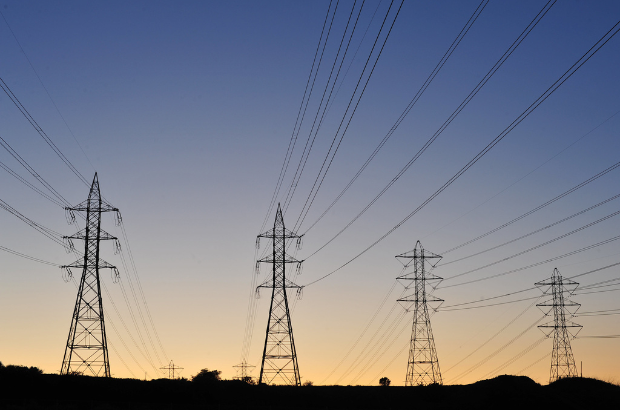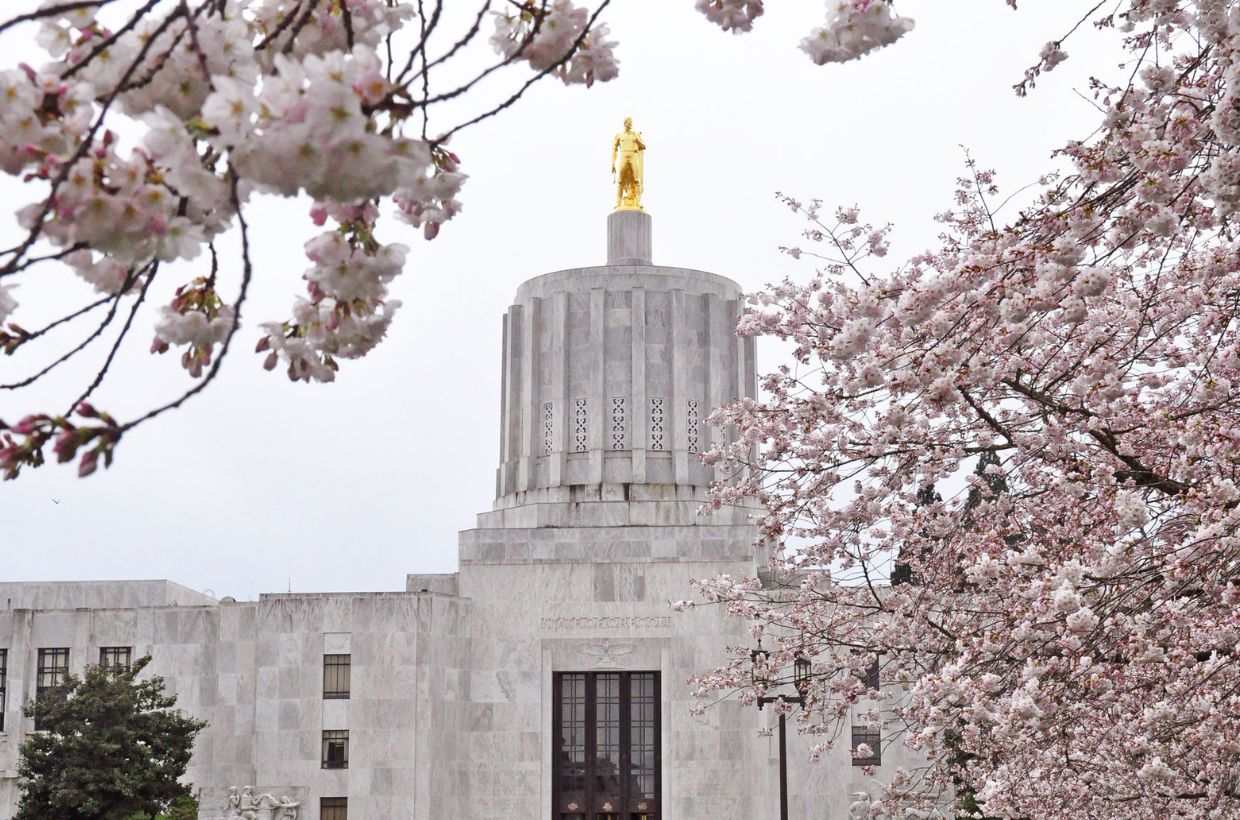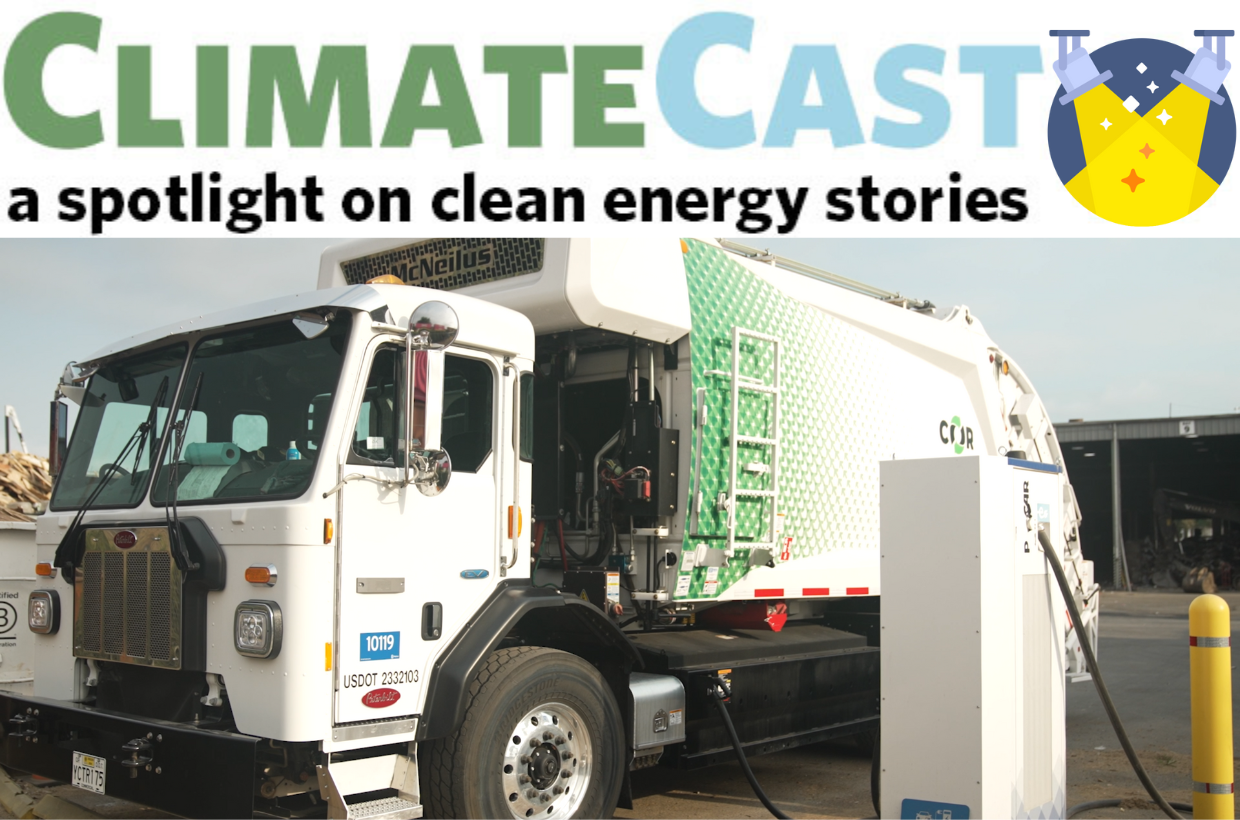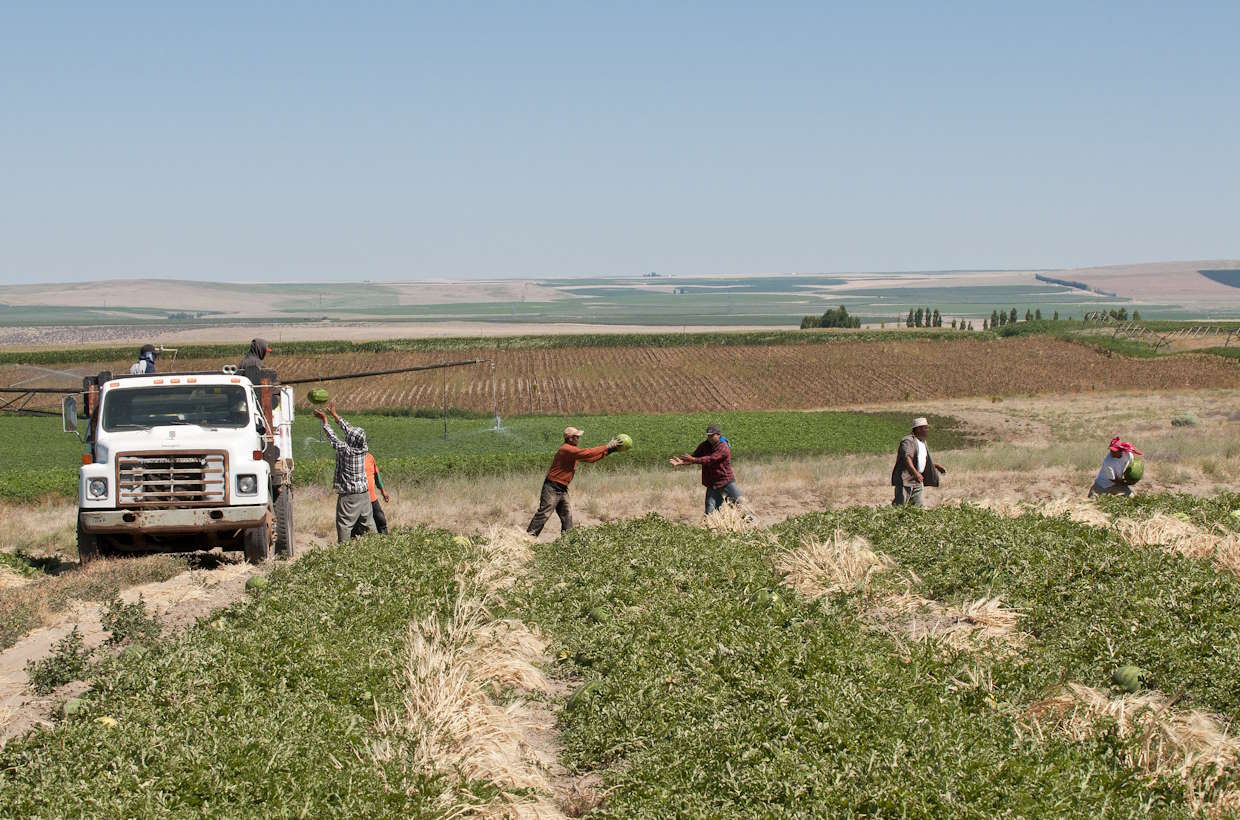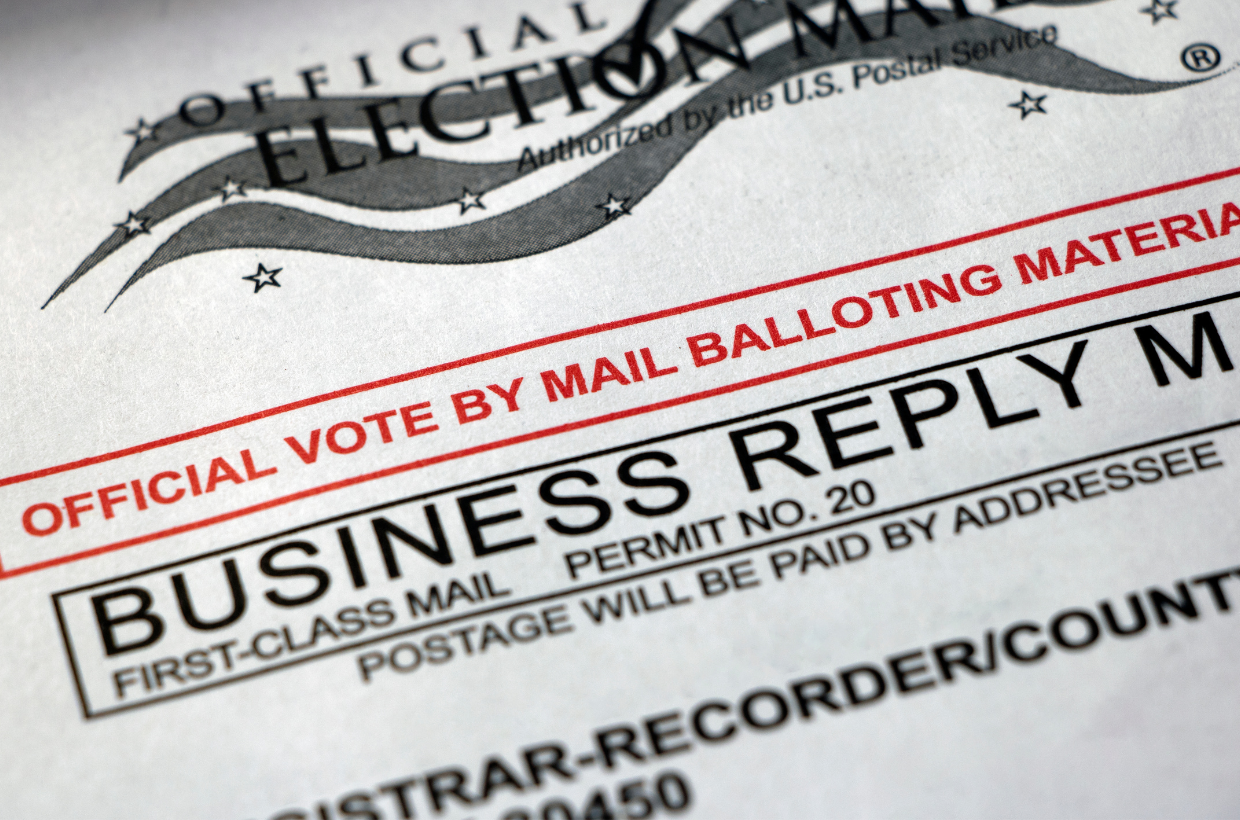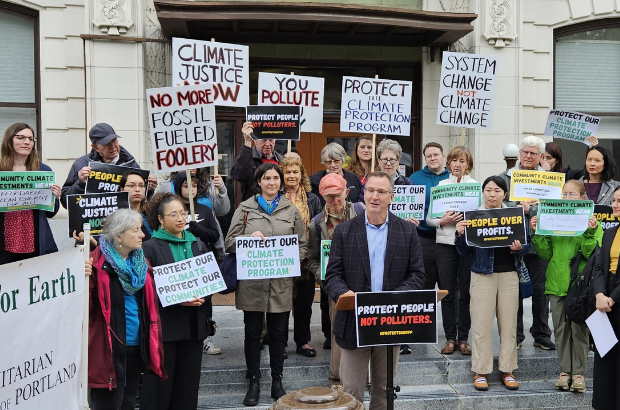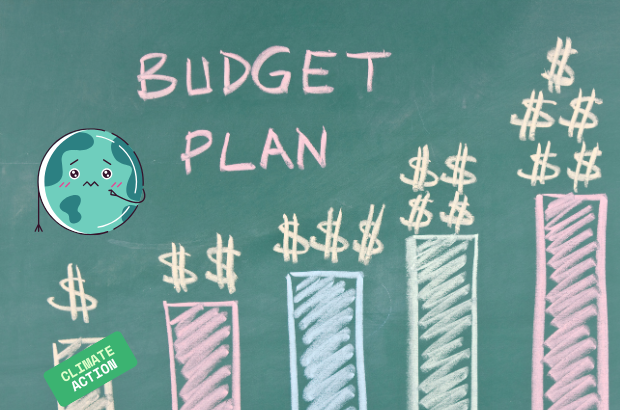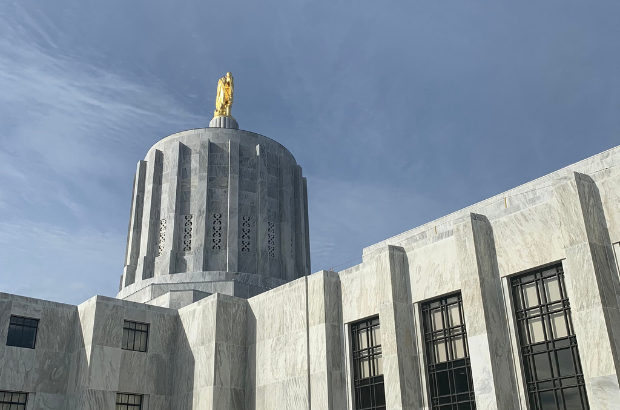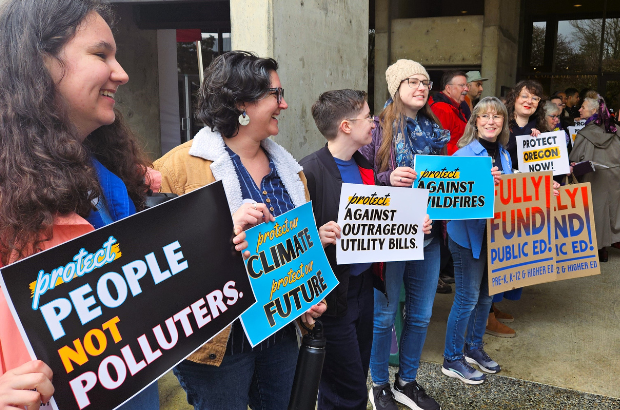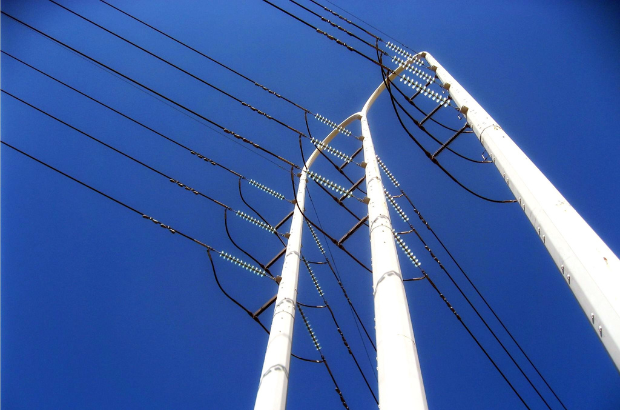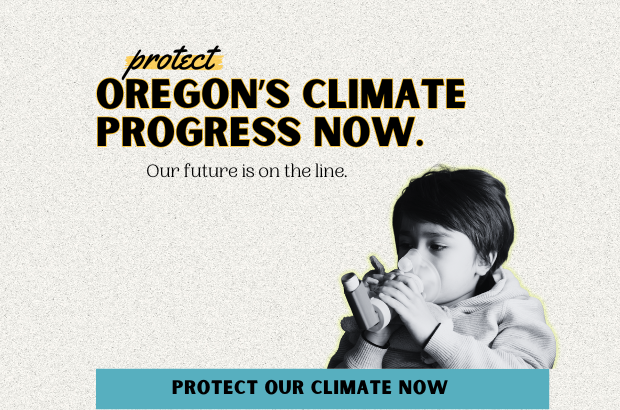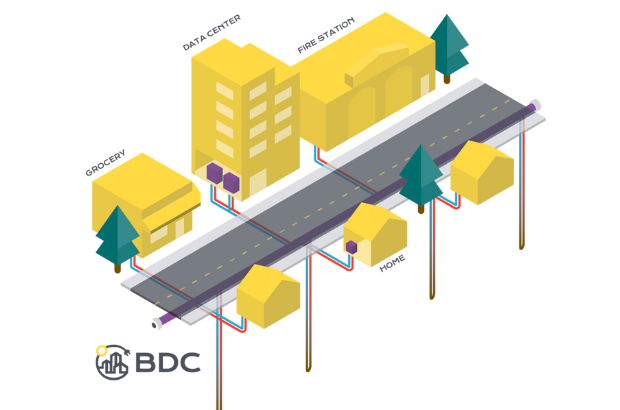Oregon State Government
by Nora Apter on
The Oregon Legislature will soon hold hearings on three key bills in the 2025 energy affordability package. Your voice is essential to moving these…
by Nora Apter on
The transition to clean electricity and the surge in demand for electricity, require that electric utilities build more renewable energy projects and…
by Claire Prihoda on
While many of us are still reeling from the sticker shock we received from our energy bills after last year’s extreme winter weather, a new round of…
by Claire Prihoda on
Hey Oregon, we need your help to support our Community Resilience Hubs!
by Brett Morgan on
Make your voice heard today: The legislature must ensure truck makers follow the rules to get rid of dirty diesel and deliver clean air by investing…
by Climate Solutions on
This work has never been more critical. The 2025 legislative session in Oregon presents a vital opportunity to secure needed investments and policies…
by Jonathan Lee on
Despite a bleak outlook for climate action nationally, the people of the Pacific Northwest showed up in a big way this November, demonstrating that…
by Jonathan Lee on
City of Roses (COR) Disposal & Recycling is making history as the first trash hauler in Portland to operate zero-emission electric garbage trucks…
by Gregg Small on
While national election results represent a monumental step backward, results in the Pacific Northwest show that voters and diverse coalitions…
by Claire Prihoda on
The Oregon Public Utility Commission (PUC) recently delivered a significant victory for utility customers and the climate, requiring NW Natural Gas…
by Jonathan Lee and Juan M. Muñoz Jiménez on
Farmworkers quite literally put food on our tables, which places them among the most essential workers in our society. Their work is physically…
by Juan M. Muñoz Jiménez on
The deadline to register to vote is October 15th for Oregonians!
by Juan M. Muñoz Jiménez on
Oregon business, tribal, and labor leaders unite against dangerous oil and gas industry delay tactics, urge state leaders to restore climate…
by Juan M. Muñoz Jiménez on
Are you wondering where you can engage in person? Look no further—four events are coming up that you should consider attending!
by Gregg Small on
Because of your efforts, the Northwest is headed in the right direction on climate and clean energy!. But this fall, we've got to be fired up to…
Give for a brighter future
Connect
Join our email list to learn about what we do and how to get involved.
2025 OR Policy Notes
Stay tuned for further updates!

